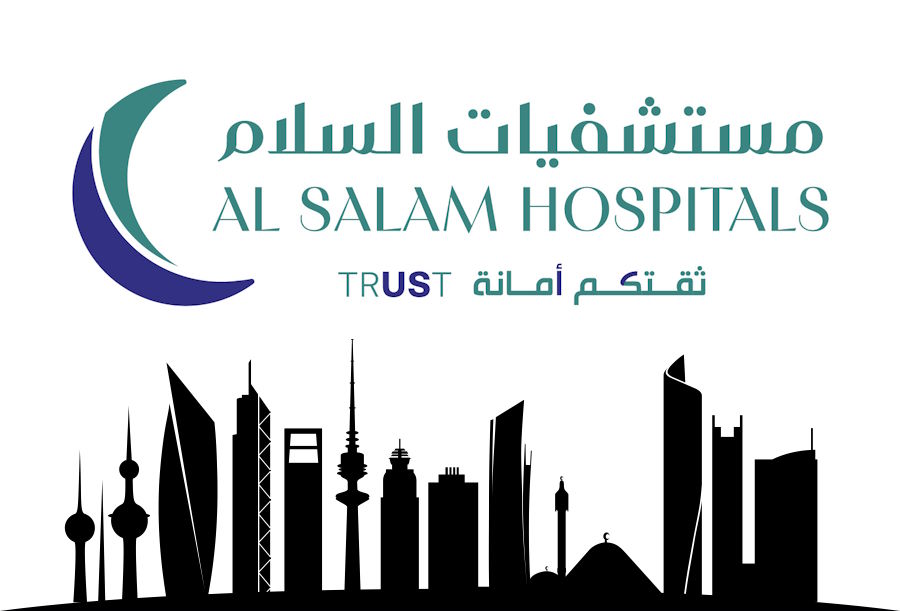Al-Salam International Hospital
Background
Al-Salam International Hospital was originally established in 1964, as a small ten-bedded Maternity Hospital, staffed
by one OBS/GYN Doctor and five nurses. Since then, the hospital kept growing both in size and number of staff, building
on its reputation as a leading private hospital in Kuwait. In May 1992, the hospital widened its scope of services and
became a full-fledged secondary care General Hospital. In January 2001, an ambitious expansion program lead to the
commencement of the construction of the new facility, which was commissioned on April 16th, 2006.
Business Needs & Challenges - Civil ID Integration
Al-Salam International Hospital is the leading private healthcare hospital in Kuwait that is setting the standards in
patient care and state-of-the art medical services. Maintaining patient information is an error-prone, time-consuming
effort. Information Workers at the hospital who track patient data are:
- Patient-Facing Receptionists.
- Call Center representatives who talk to patients over remote channels (e.g. Phone).
- Medical Records Officers who maintain patient files.
- Insurance Officers who maintain patient’s relationship with Insurance Companies.
- Doctors and Physicians providing diagnosis.
- Nurses and Technicians assisting the doctors.
- Marketing personnel helping the hospital expand to new markets.
- Pharmacy staff who deliver medication to patients.
- Information Technology specialists supporting the infrastructure.
Each of the above information workers needs to know as much detailed and accurate information about the patient as
possible. For example, Medical Records need to keep the medical records of the patients as much up-to-date as
possible. Receptionists need to make sure all patients are reachable. Insurance Officers need to reduce fraud and
improve insurance claim accuracy. Call Center Representatives need to ensure the best service levels. Doctors,
Nurses and Technicians need to keep the patient records up-to-date.
In order for Al-Salam’s business to run efficiently, the time it takes to update the patient records should be as
short and as accurate as possible. This information should be provided to the rest of the information workers as
accurately as possible. Time means money and money means the hospital can survive under the tough competitive
business environment.
Al-Salam International Hospital aims to expand its business and reach. In order to achieve this, the hospital needs to
maximize its top-line revenue, while minimizing its bottom-line costs, but not at the expense of quality of services
delivered to patients. Maintaining accurate patient data will help improve the efficiency of its direct marketing
activities.
Characteristics of a viable solution
A viable solution should use the Smart Civil ID to capture patient data and automatically store it into the existing
DMS system at the Hospital. Users should have little-to-no interaction with the process. All users have to do is
insert the Smart Civil ID into a reader and click a button on the screen. Patient details should be captured
automatically and accurately.
Solution
Al-Salam International Hospital deployed SharperIntegration® for reading Civil Information off the Smart Civil ID
and saving the records into the existing Healthcare Management Information System (HMIS) at the hospital. Despite
the fact that SharperIntegration works on the Microsoft platform while the HMIS is running on the Oracle platform,
SharperIntegration’s extensible model allowed it to connect seamlessly with the HMIS. The hospital started to reap
the benefits of the solution early on with the help of the Sharper Software team.
